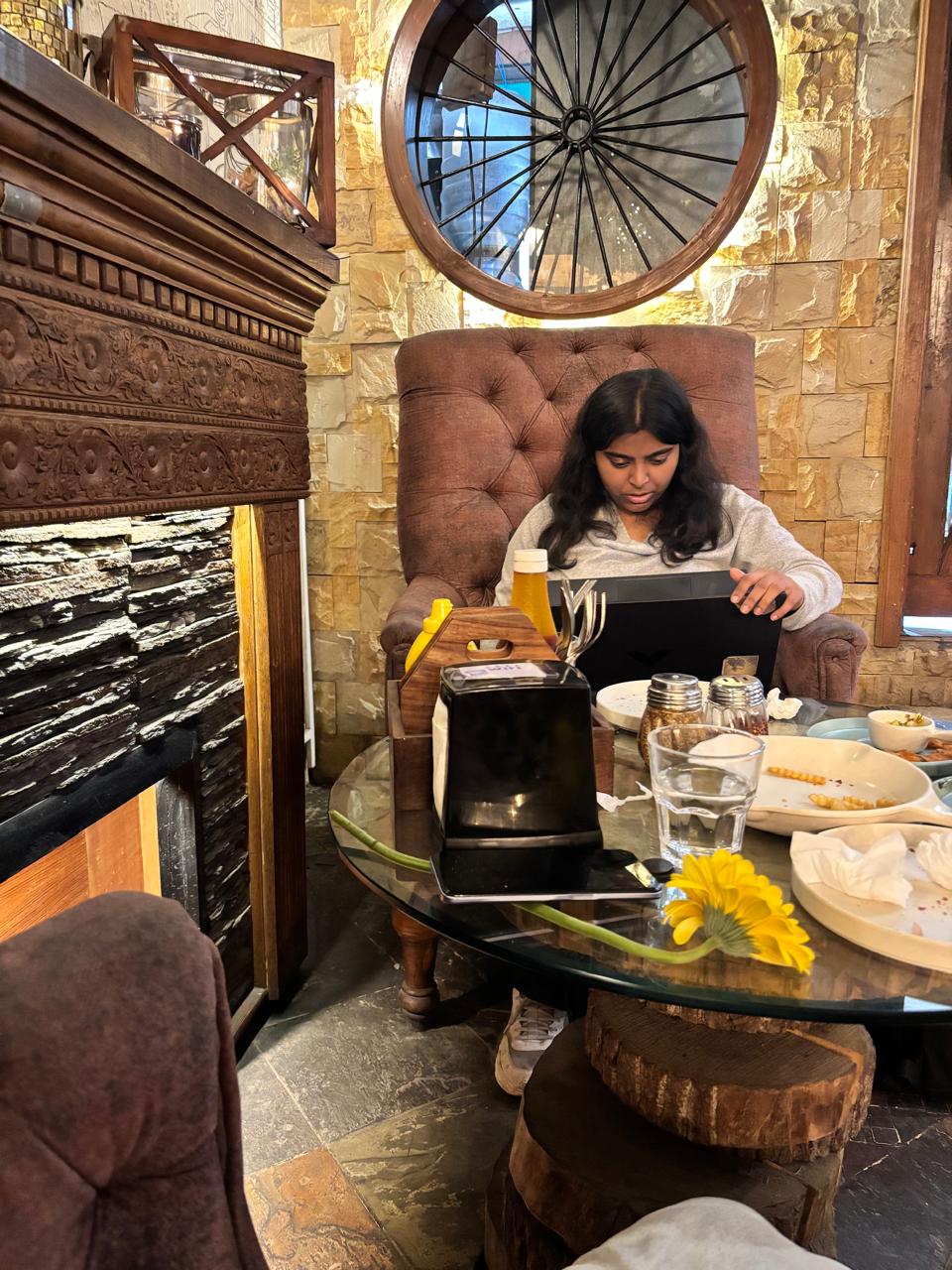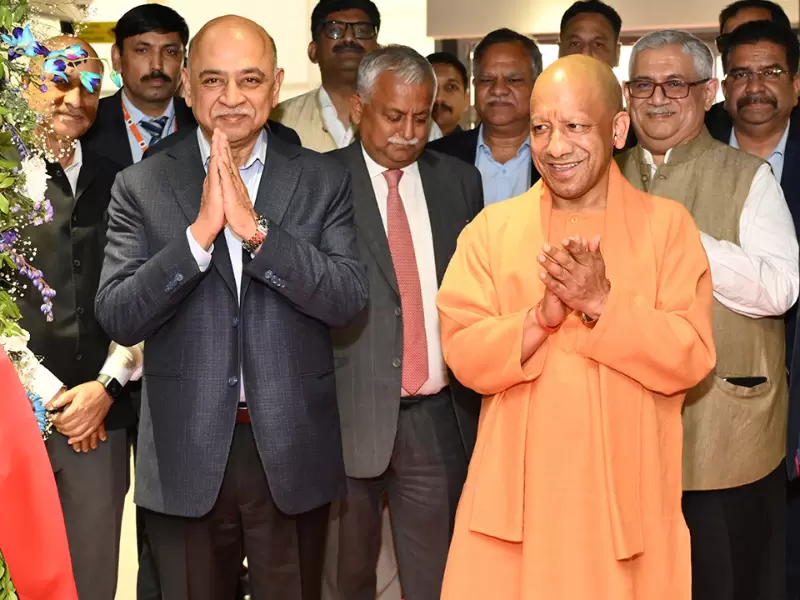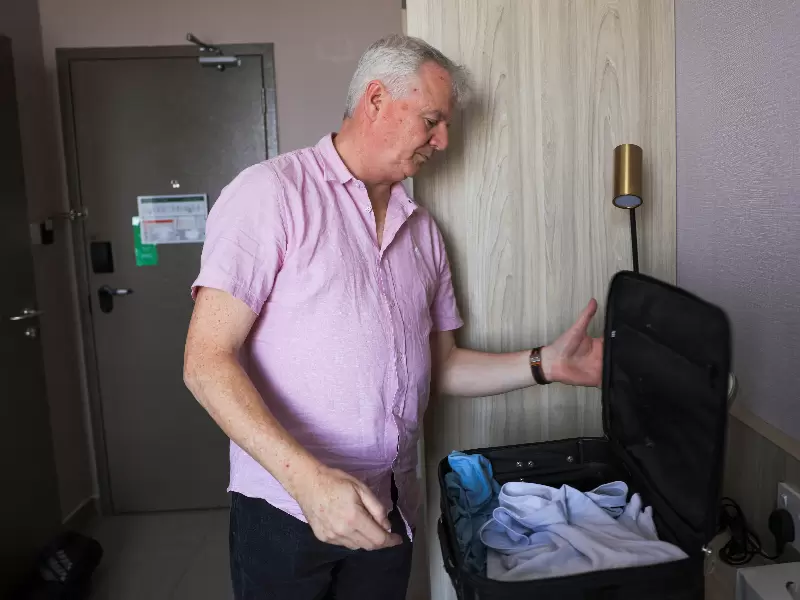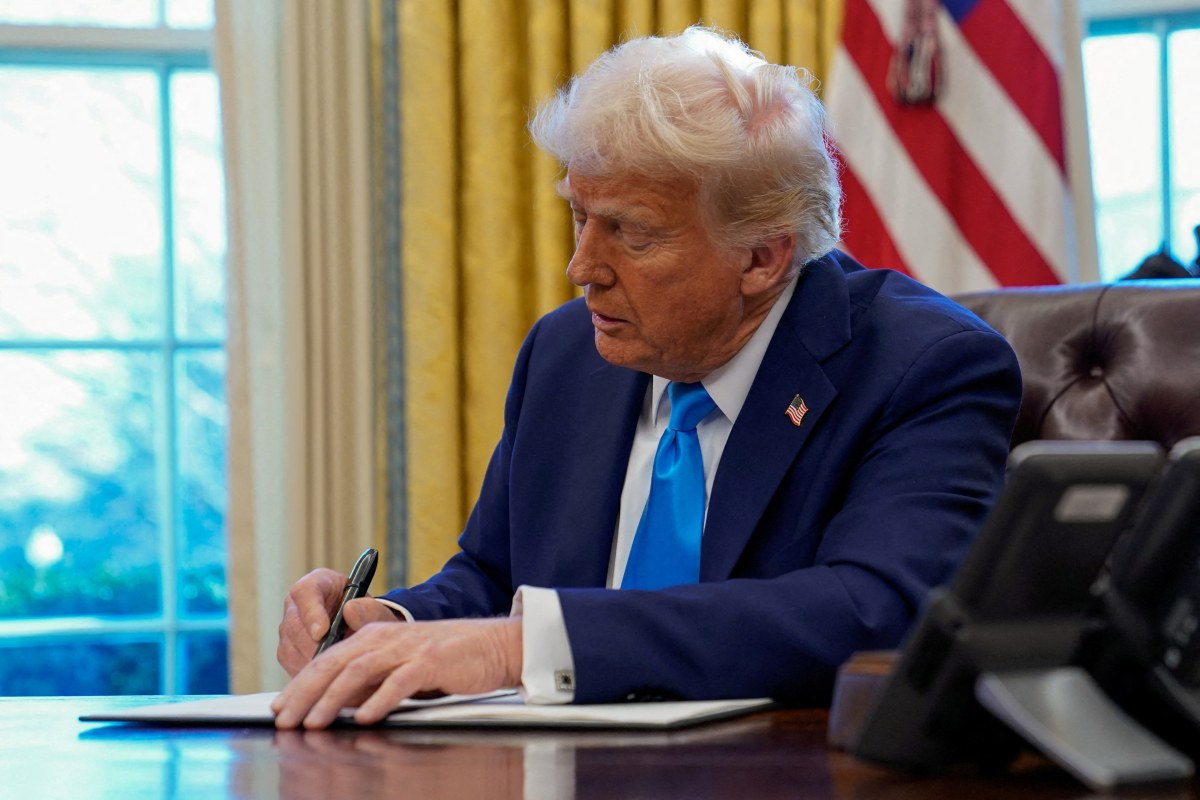First Samayapuram Mariyamman temple in U.S. to come up in Texas
The shrine will be modeled after the historic Samayapuram Mariyamman Temple in Tiruchirappalli, Tamil Nadu.
.png) The temple is dedicated to Goddess Samayapuram Mariyamman / arulmigumariammanusa.org
The temple is dedicated to Goddess Samayapuram Mariyamman / arulmigumariammanusa.org
The Tamil community in the United States is gearing up for the inauguration of the nation’s first temple dedicated to Tamil goddess Goddess Samayapuram Mariyamman, marking a significant milestone for the community.
The temple is being developed on a 10-acre site near Lake Tawakoni in Quinlan, Texas. Along with the presiding deity, the temple will feature idols of Karuppannasamy, Muneeswaran, Ayyanar, Vaazhmuni, Sorimuthu Ayyanar and Padhinettam Padi Karuppu.
Also Read: Shree Siddhivinayak Temple USA launches 12-day Ganesh Chaturthi Mahotsav in Toms river
The shrine will be modeled after the historic Samayapuram Mariyamman Temple in Tiruchirappalli, Tamil Nadu. The idols for the temple are being sculpted in Mamallapuram near Chennai by artisan Selvanatha Sthapathi. According to the temple committee, the project marks the first time idols for an Amman temple have been commissioned for installation outside India.
The temple will also house Lord Ganapathy, Lord Murugan, and other deities, making it a significant center of worship for Tamil families in the region. Rituals integral to Tamil tradition, including Aadi month offerings of ragi porridge (koozh), neem leaf ceremonies, and naattar deivam (village deity) worship, will be observed.
Once completed, the Arulmigu Mariamman Temple will provide devotees with the opportunity to perform kuladeivam (family deity) and kaavaldeivam (guardian deity) worship locally, reducing the need for annual pilgrimages to India. To facilitate community offerings, the temple will also include cooking facilities for large-scale feasts.
The temple committee is led by president Saraswati Ganeshan, who along with her husband Tharagaram Baashyam initiated the project. Originally hailing from Chennai, the couple now resides in Texas.
Committee members acknowledged challenges in securing approvals to transport and install the idols, particularly those carrying traditional weapons, but said the project has advanced with support from the Tamil diaspora. A 3D design of the shrine has also been proposed.
The committee underlined that the temple will operate as a non-profit, volunteer-led organization, following a strict “no plastic” policy and emphasizing inclusivity, women’s empowerment, and youth participation.
Beyond serving as a place of worship, the temple aims to become a cultural hub preserving Tamil religious traditions, heritage, and community practices for future generations of the diaspora.
ADVERTISEMENT
ADVERTISEMENT
E Paper
Video




 Malvika Choudhary
Malvika Choudhary




.JPG)








Comments
Start the conversation
Become a member of New India Abroad to start commenting.
Sign Up Now
Already have an account? Login